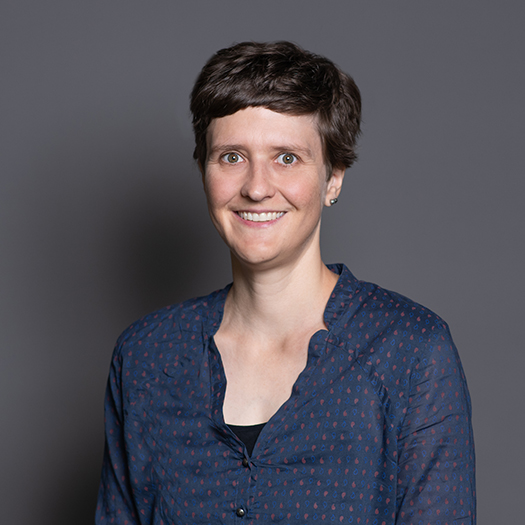No Energy Transition Without Local Price Differentiation
ResearchThe electricity price should not be set uniformly nationwide, as has been the case in Germany so far, but should take into account the local physical conditions of the grid. This is the result of a recent research paper published by a consortium consisting of the Technical University of Munich, FIM / Fraunhofer FIT, DIW Berlin, the Institute of Energy Economics at the University of Cologne (EWI) and ZEW Mannheim within the framework of the Kopernikus project ‘SynErgie’ funded by the German Federal Ministry of Education and Research and coordinated by Project Management Jülich (PtJ).
As the share of renewable energies increases, the electricity system is driven closer to its physical limits. Power generation from wind turbines is already being scaled back in some regions because the power grid has reached its maximum capacity. Such measures not only cost over a billion euros per year, but also put the energy transition on hold.
“The energy transition will not succeed without the appropriate market design. In its current form, the electricity market does not take into account the physical realities of the grid, but instead relies on retrospective adjustments. It does not adequately reward the flexibility on the demand side that would support the integration of volatile renewables into the energy system,” explains Dr. Marion Ott, researcher at ZEW Mannheim and co-author of the study. As a result, the power market fails to reflect the scarcity of transmission capacity. The wind power stations in northern Germany could produce enough energy to satisfy the needs of large industrial enterprises in the south. If, however, the grid capacities are not sufficiently large to transport the electricity to the south, the wind turbines need to be scaled back and fossil-fueled or other power stations in the south must be activated. “Almost half of the energy generated in 2020 was produced using renewable energy sources. Renewable energy sources have now even overtaken fossil fuels. In light of the growing share of renewable energies, the need to adapt the power system becomes ever more urgent,” warns Ott.
Reforming the electricity system in one big step
The research team, together with energy experts, has proposed a so-called nodal pricing system to make the electricity market more flexible for high shares of renewable energies. In this system, prices are determined by first dividing the electricity market into regional nodes, which allows for different electricity prices depending on the scarcity of transmission capacities. “A nodal pricing system would not only meet the needs of the individual network capacities, but also create incentives to increase the flexibility of local demand. Industrial companies that are energy-intensive could then react to changes in the supply of electricity by adapting their production processes. This requires, however, corresponding price signals,” explains ZEW economist Ott. “This transition from the current to a nodal pricing system should best be made in one step so as to prevent path dependencies and political uncertainties.”
About market design
Market design is a research area in the field of economics that focuses on analysing and optimising markets. The goal is to improve the performance of existing markets by actively developing market rules. To this end, economic researchers investigate the characteristics of individual markets and identify the mechanisms involved. In order to find the market mechanism that can ensure the best possible outcome for the market operator, the researchers use theoretical, experimental and empirical methods. The area of market design became more widely known when the US economists Al Roth, Paul R. Milgrom and Robert B. Wilson, who are regarded as some of the founding fathers of the discipline, were awarded Nobel prizes for economics in 2012 and 2020. In 2016, ZEW Mannheim launched a research group focusing on market design, which was expanded into a research department in 2020.

